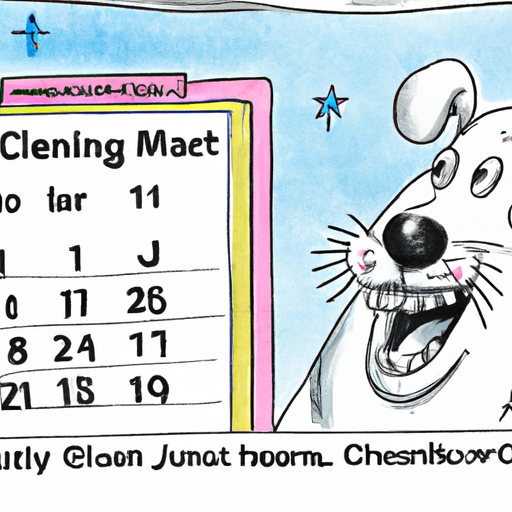Why Dental Hygiene is Crucial for Your Dog’s Health
Your dog’s dental hygiene isn’t just about maintaining a shiny, white smile. It’s about overall health and longevity. Poor dental health can lead to serious conditions such as heart disease, kidney disease, and liver disease. Just as you wouldn’t ignore your own oral hygiene, you shouldn’t overlook your dog’s.
Understanding Your Dog’s Dental Needs
Different breeds have different dental needs. Smaller breeds often require more frequent cleanings due to their crowded teeth, while larger breeds may need less frequent cleanings. It’s crucial to understand these differences to provide the best care for your pet.
- Small Breeds: More frequent cleanings
- Large Breeds: Less frequent cleanings
When to Start Cleaning Your Dog’s Teeth
It’s never too early to start. You can start cleaning your puppy’s teeth as soon as they are fully grown, usually around six months. Regular brushing at home is recommended, ideally every day, but a professional cleaning should be done at least once a year.
- Puppies: Start at six months
- Adult Dogs: At least once a year
Identifying Signs of Dental Problems
Between professional cleanings, it’s essential to monitor your dog’s oral health at home. Look out for these common signs of dental problems:
- Bad breath
- Loss of appetite
- Difficulty eating
- Swollen or bleeding gums
- Yellow or brown tartar build-up
How Frequently to Schedule Professional Cleanings
While daily brushing at home can help maintain your dog’s dental health, professional cleanings are essential to thoroughly remove plaque and tartar build-up. Generally, most vets recommend a professional cleaning once a year, but this can vary based on your dog’s individual needs.
| Size of Dog | Frequency of Cleanings |
|---|---|
| Small | Every 6-12 months |
| Medium | Every 12-18 months |
| Large | Every 18-24 months |
FAQ
Q: Can I use human toothpaste to clean my dog’s teeth?
A: No, human toothpaste can be harmful to dogs. Always use a toothpaste specifically made for dogs.
Q: How can I make teeth cleaning less stressful for my dog?
A: Start slow, use positive reinforcement, and make it a routine. Making the experience positive can help your dog adapt.
Q: What if my dog absolutely refuses to let me brush their teeth?
A: Consider using dental chews, special diets, or professional cleanings to keep their teeth clean. Consult with your vet for the best approach.
Remember, taking care of your dog’s dental health is a crucial part of their overall well-being. Regular cleanings, both at home and professionally, can ensure your furry friend stays healthy and happy for years to come.



